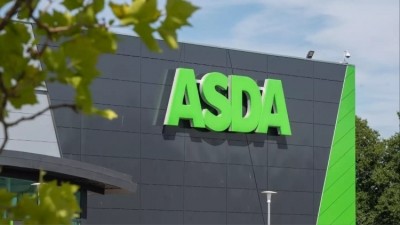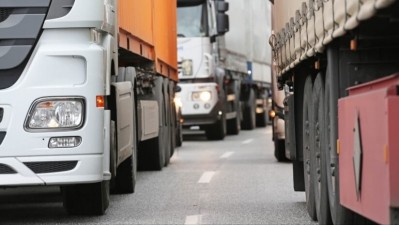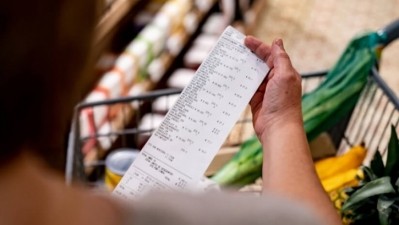News
Decarbonisation in F&B: The critical role of future state planning

The food and beverage sector plays a critical role in global economic growth but also bears significant responsibility for greenhouse gas emissions, making it a key contributor to climate change.
As the world moves towards a more sustainable future, industries are being challenged to decarbonise their operations. For manufacturers in the food and beverage sector, this transition is not just an environmental necessity, but a strategic business move.
Embracing decarbonisation offers both challenges and opportunities for businesses. While the opportunities for improved energy efficiency, the adoption of cleaner practices and green credentials remain attractive, challenges around implementation and calculating value are also just as prominent.
However, it’s not all doom and gloom, and businesses who are dedicated to decarbonisation can start with future state planning.
What is future state planning?
Future state planning is the strategic blueprint to guide industries towards emissions reduction targets. This is a comprehensive approach that begins with a detailed analysis of current operations and results in a roadmap for reducing emissions – providing manufacturers with a clear direction that outlines milestones and targets for businesses to stay on track.
The first step, and arguably the most crucial, involves assessing the current emissions footprint, energy use, and production processes. Without a complete understanding, businesses will not be able to create a method for measuring future progress.
From there, manufacturers must envision their decarbonised future: what will operations look like when sustainability is fully integrated? How will it function? Answering these types of questions is essential for setting realistic and meaningful targets.
However, targets alone are insufficient. It’s how they are used to create a roadmap; which must clearly direct the organisation towards its desired state, whilst also remaining cautious about external influences. Emerging technologies, changes in regulation and the market landscape are but just a few examples of the considerations.
The roadmap must not only focus on emissions, but also the broader impacts, such as job creation, and the development of sustainable communities. In this way, decarbonisation becomes a holistic business model.
Calculating the value of decarbonisation
While businesses that optimise their carbon footprint will experience a range of tangible and measurable benefits, the value of decarbonisation shouldn’t just be tracked on the balance sheet.
Decarbonisation is an investment into a more sustainable future, so the concept of value extends far beyond mere financial metrics.
Of course, finding and justifying the CapEx cost is still a challenge for some businesses, but improvements in energy efficiency can reduce operating costs, sustainable products can generate new revenue streams, and decarbonising can help businesses avoid carbon taxes. It’s the intangible benefits, such as environmental stewardship and social responsibility that are becoming increasingly more important for businesses.
Simply put, companies that lead in sustainability often gain a competitive edge with an enhanced brand reputation while being attractive to their customers. However, finding the value is a crucial challenge to overcome. Environmental valuation techniques, like calculating the social cost of carbon, help businesses quantify the broad impact of their efforts, making it easier to justify investment.
Challenges and opportunities
Decarbonising a food and beverage supply chain presents significant opportunities, but also many challenges. High-temperature processes and reliance on fossil fuels make the change complex, requiring significant capital investment in new technologies.
What’s more, integrating renewable energy into existing operations is equally difficult, especially for those who rely on a consistent supply chain.
While these challenges certainly won’t disappear overnight, the potential for innovation is vast. Advances in energy efficiency, process optimisation, and circular economy principles can lead to a substantial reduction in emissions. Carbon capture, utilisation and storage (CCUS) technologies have also offered promise for sectors where full decarbonisation is difficult.
The path forward
Decarbonisation is no longer optional for manufacturers. As they embark on this journey, companies that proactively address their environmental impact will not only reduce their carbon footprint but also strengthen their competitive position.
The road to a decarbonised future is challenging, but with a clear strategy, through future state planning, and a clear commitment to continuous improvements, manufacturers can thrive in a world that increasingly values sustainability.

















